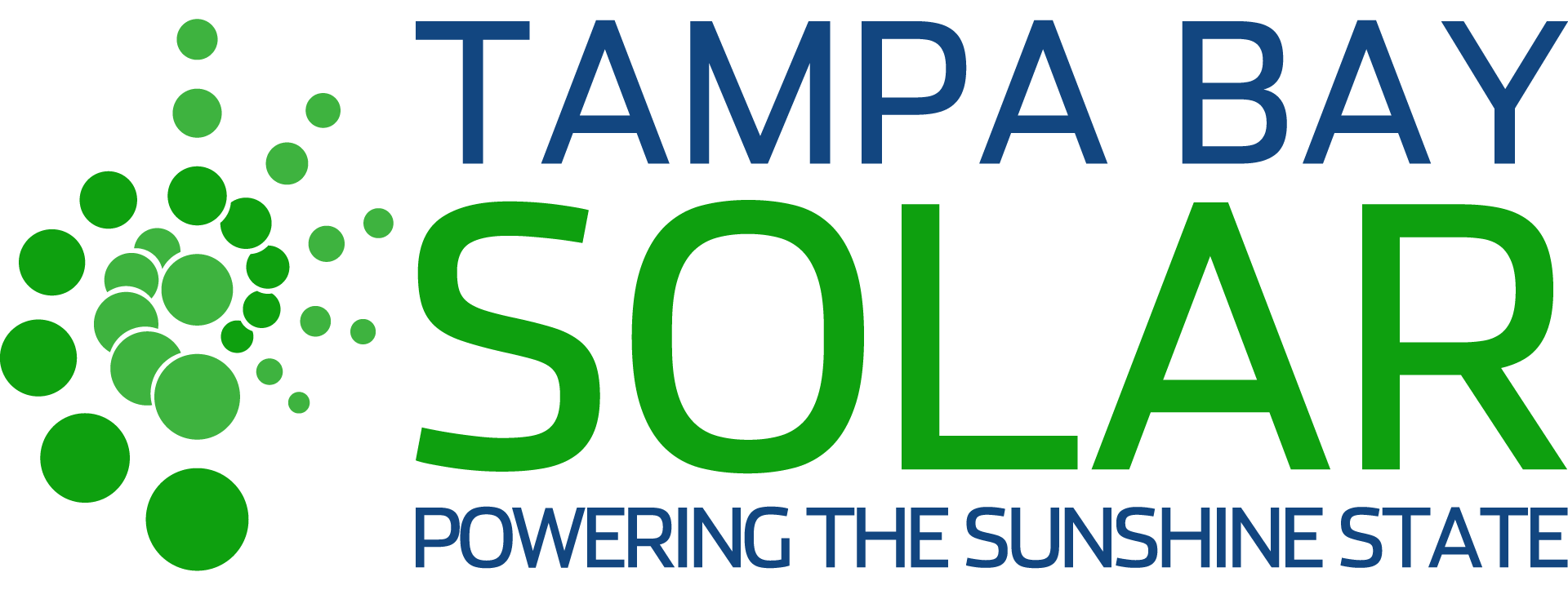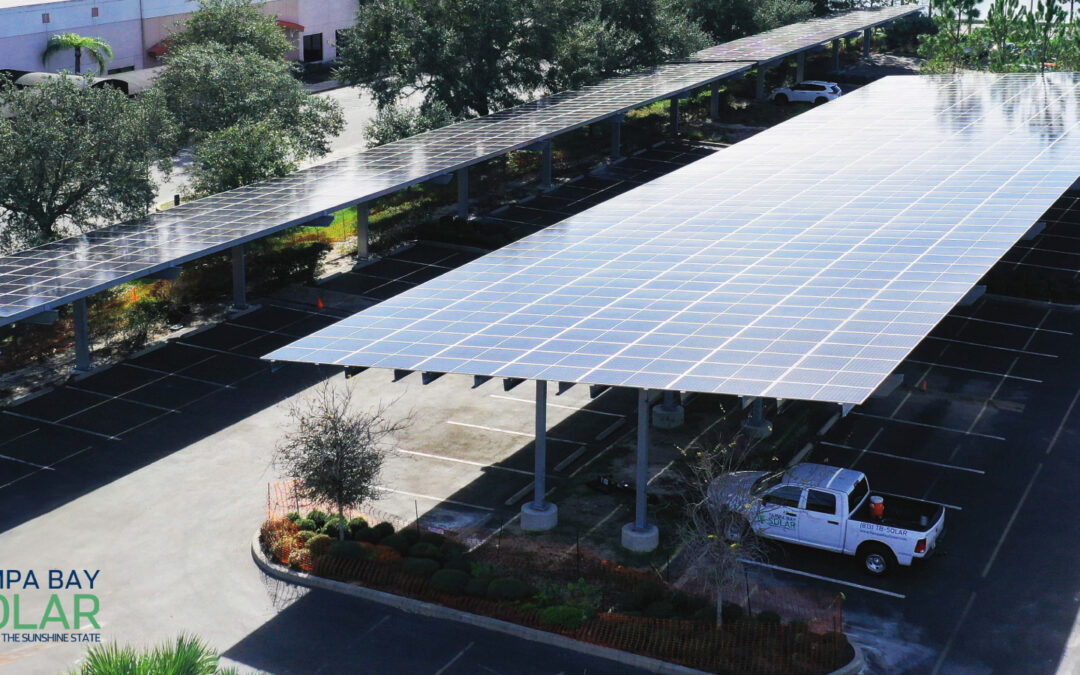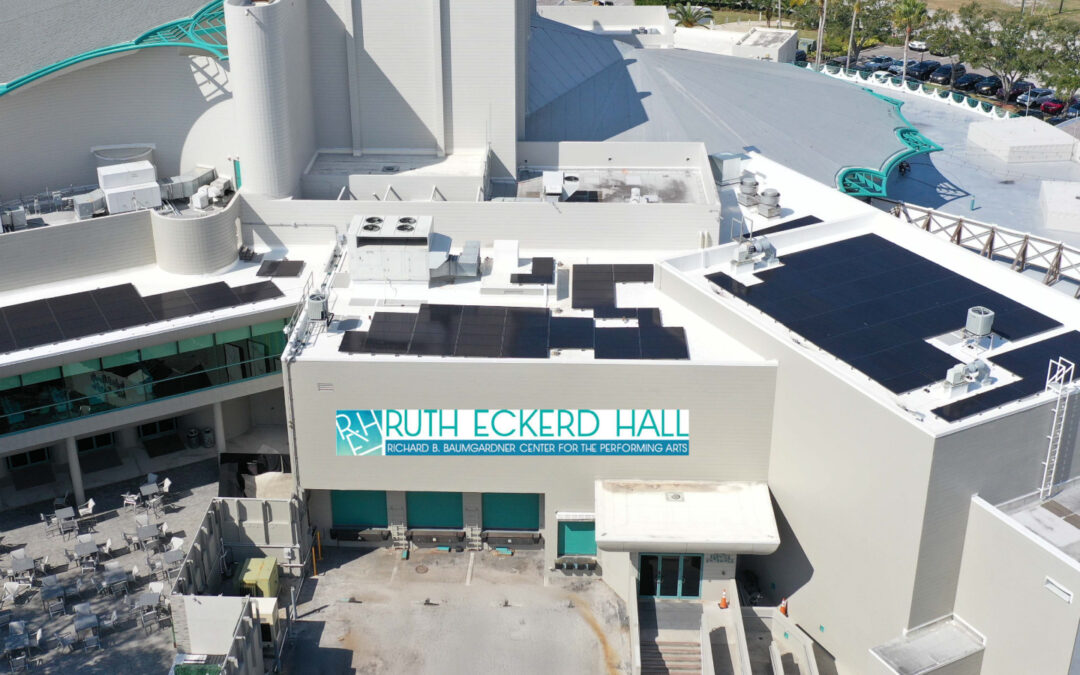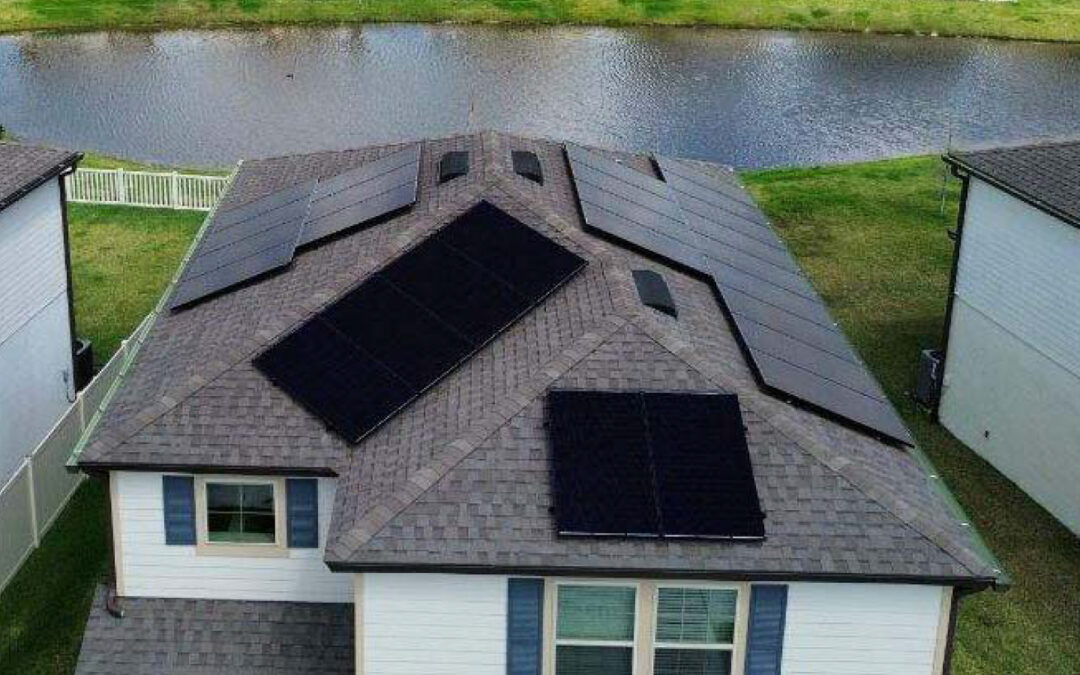Solar Panels and the Benefits of Long-Term Thinking
How we view the world determines our success in navigating it.
Long-term thinkers view everything differently compared to short-term thinkers. Long-term thinkers embrace a world view that influences their actions, daily habits and results; their short-term counterparts think about their present goals but often lose sight of the future.
Some people — often younger people without much life experience — start out as short-term thinkers, make mistakes in life, and eventually become long-term thinkers. And this shift pays off because people who have a long-term vision and take action in that direction are often healthier, wealthier and happier.
In this blog, we’ll talk about the benefits of long-term over short-term thinking and how it relates to solar power.
The Benefits of Thinking Longer Term
In a nutshell, long-term vision is caring about the future you, while short-term decisions are about following an impulse right now that might hurt the future you.
Sometimes, the way we are raised influences whether we become long-term or short-term thinkers. Successful long-term thinkers teach their children very differently compared to parents who are chronic short-term thinkers — and the benefits of instilling these long-term mindsets pay off: Long-term thinkers tend to have higher education, higher credit scores, and greater career success.
Meanwhile, short-term thinking can be detrimental to society. For example, poverty-stricken communities often struggle with short-term thinking mentalities. In some cases, this is how poverty becomes a multi-generational cycle.
This is a common theme across a lot of financial scenarios: Long-term thinkers tend to be savers, while short-term thinkers often live paycheck-to-paycheck and have poor credit scores.
A short term thinker who rents also does not build equity, while someone who takes out a mortgage and pays it off becomes much closer to financial freedom!
Sometimes, short-term thinkers are saddled by debt because they spend money they do not have via credit cards or loans, only to wake up one day in massive debt. Or, perhaps they lease a flashy new car with a high payment, while a longer-term thinker buys a modest used car with more manageable payments.
Short-term vs. long-term thinking also has implications on our health. In the short term, junk food might be the easier, more accessible option, but the long term cost of obesity, heart disease and even early death is far higher than the momentary joy of binge-eating potato chips. For long-term thinkers, daily exercise and a healthier diet are established habits.
Furthermore, long-term thinkers are focused on character, hard work and integrity. It’s no surprise then that criminals and fundamentally dishonest people are typically short term thinkers: A bank robber might score $5,000 in a robbery, but when they get caught and go to prison for 20 years, they’ll lose far more than $5,000 in earned income — not to mention their freedom.
Even our federal government suffers from short-term thinking. Our 22-trillion-dollar national debt is a prime example of lousy short-term thinking: Today, it’s a debt that will never be paid off, but will eventually have to be reconciled. Plus, our federal government is handing oil companies $2.5 billion in annual subsidies as a short-term solution, instead of using that money for a green movement that would support rooftop solar panels and fully electrified transportation — in other words, long-term solutions that would benefit the environment and future generations.
How Does Long-Term Thinking Relate to Solar Power?
As a homeowner, you can pay your local electric company an “easy monthly payment” because it’s easier in the short term. But over time, your electric bill will increase — and until you install solar panels on your roof, you are only a short-term “renter” of every single kilowatt.
A homeowner paying $200 per month to the electric company will pay $2,400 per year, or $24,000 over a decade, just to keep the lights on! Meanwhile, a homeowner that generates $200 per month can buy a solar panel array — and own it — for less than $24,000!
According to a study by Zillow.com, installing electric solar panels on your roof raises the value of your home by 4% in market value. This means that even if you move, you will get your money back!
A smart, long-term thinker will consider this and say, “This solar panel array will pay for itself in six years at today’s rates,” and by year seven, that individual will incur zero energy costs and own a home worth 4% more.
If you’re a long term thinker and want to reap all the benefits solar power has to offer, reach out to Tampa Bay Solar. We’ll give you a fair price, answer all of your questions, and — when you’re ready to go solar — we’ll install your solar panel array the right way and on time!
The Tampa Bay Solar team is comprised of veterans who have served in the Navy, Marines, Army, Air Force or Coast Guard. Everything the team does is infused with character, work ethic and integrity — and they’re long-term thinkers, just like you.
Ready to get started? Contact Tampa Bay Solar today to get started with your free energy audit.
– Written by Ben Alexander
